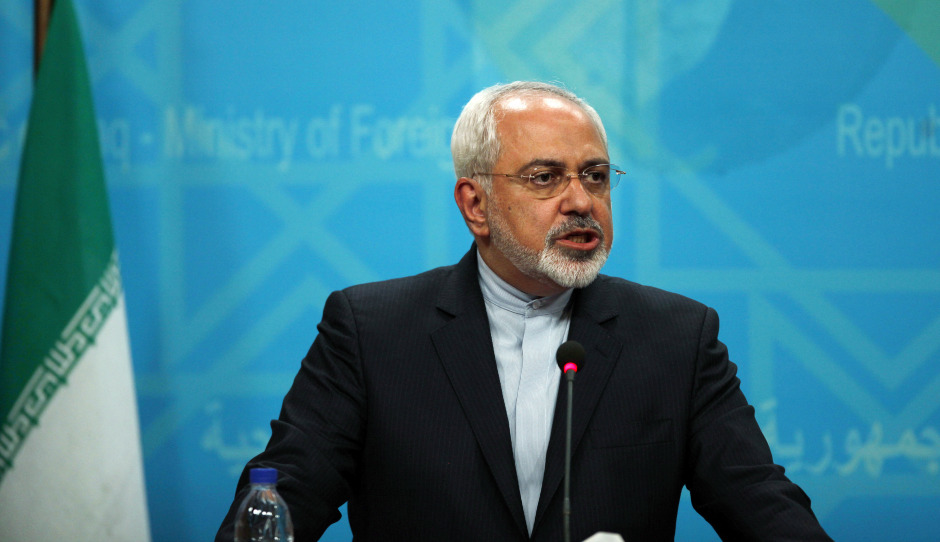There’s a strong possibility that Iran and the world’s major powers may fail to convert an interim accord, signed last November, into a permanent agreement on drastically curbing Iran’s covert, militarized nuclear program. On Nov. 24, the two sides acknowledged that they had failed to bridge the gaps in their respective positions and announced a seven-month extension, the second in four months.
The talks will resume in December, but there’s no guarantee they’ll succeed, as U.S. Secretary of State John Kerry said glumly in Vienna.
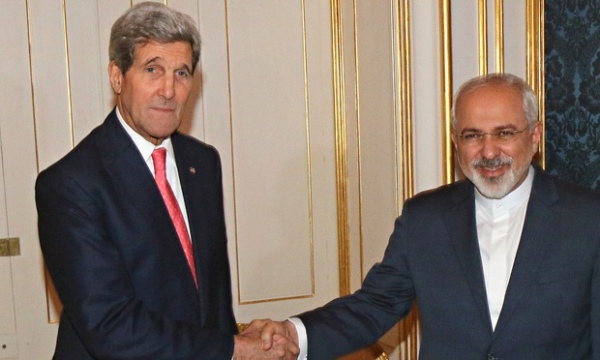
“Is it possible in the end we won’t reach an agreement?” he asked rhetorically at a news conference. “Absolutely. These talks are not going to get easier just because we extend them. They are tough, they’ve been tough, and they are going to stay tough.”
Top Iranian government officials, however, sounded an upbeat note, with President Hassan Rouhani and Foreign Minister Mohammed Javed Zarif claiming that an agreement is in the offing. Judging by the complex web of issues that have yet to be resolved to everyone’s satisfaction, they may have been too hasty in voicing optimism about the outcome of the talks.
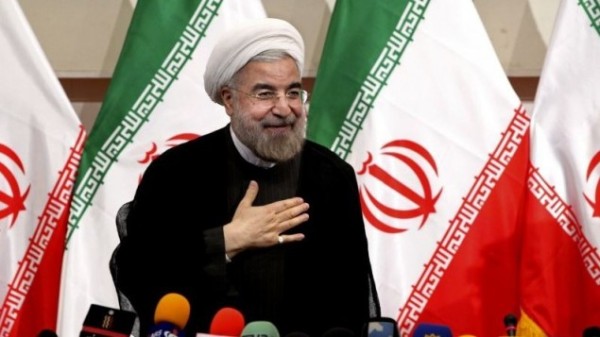
The United States, Russia, China, Britain, France and Germany have been engaged in serious talks with Iran for the past few years, but it was not until 2013 that they finally reached a partial agreement. In exchange for lifting some of the onerous economic sanctions that have been imposed on Iran by the United Nations, the United States and the European Union, the Iranian government broadly agreed to curtail its uranium enrichment program and allow international inspectors to examine its nuclear facilities in Natanz and Fordow. Iran’s ballistic missile program, though, was not discussed.
“The result is a nuclear program that is more constrained and transparent than it has been in many years,” Wendy Sherman, the chief U.S. negotiator at the talks, said recently.
Speaking to the Center for Security and International Studies in Israel this past October, Sherman explained that the United States and its partners are guided by one overarching objective — “to develop a durable and comprehensive arrangement that will effectively block all of Iran’s potential paths to fissile material for a nuclear weapon.”
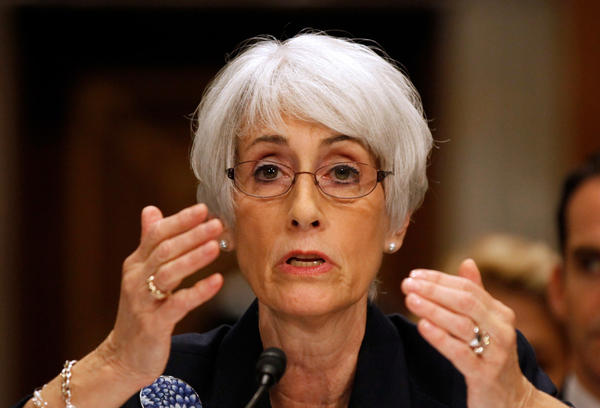
Iran has consistently claimed that its nuclear program is peaceful in nature. Prime Minister Benjamin Netanyahu, who doesn’t buy this claim for a second, has insistently called for the dismantlement of Iran’s ability to manufacture atomic weapons altogether. As he put recently, “Iran’s nuclear weapons capability must be fully dismantled.”
Israel, he noted, would not accept an accord that leaves Iran as a “threshold” nuclear state. To Netanyahu, as well as to the United States, no deal is better than a bad deal.
But much to Netanyahu’s disappointment, the United States and its allies have abandoned the goal of completely eliminating Iran’s capacity to enrich uranium, which was unrealistic demand in any event. The current aim is to ensure that Iran will not possess the “breakout” power to build a weapons-grade nuclear device within less than a year. This would give Washington and its allies sufficient time to mount a credible political, economic or even military response.
Centrifuges, the huge machines that enrich uranium at supersonic speeds, are at the core of the dispute between the major powers and Iran.
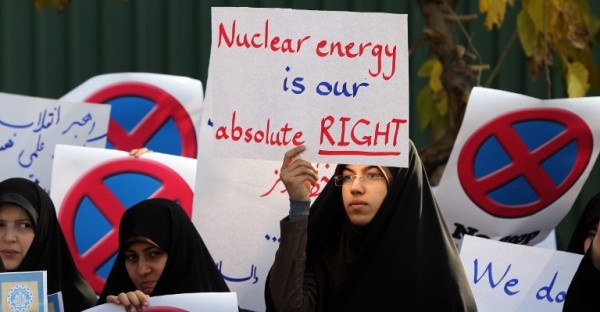
Iran’s leaders have been crystal clear and consistent about this key issue. Its supreme leader, Ayatollah Ali Khamenei, has declared that Iran aspires to acquire more than 100,00 centrifuges. Rouhani has said that Iran will never accept an accord that requires it to cease enrichment.
American and allied negotiators initially insisted that Iran should not be in possession of more than 1,500 centrifuges. More recently, the figure that has been bandied about has been 4,500 centrifuges. By all accounts, Iran has about 10,000 centrifuges in play today.
According to Yuval Steinitz, the Israeli minister of intelligence, Iran has displayed no spirit of compromise on the removal of centrifuges, or the closure of a heavy water plant in Arak.
Negotiators have explored the possibility of shipping Iran’s stockpile of uranium to Russia and converting it into fuel rods for its nuclear power plant in Bushehr, but this option would not kick in unless a permanent deal seemed attainable.
Another vexing issue turns on sanctions, which have damaged the oil-based Iranian economy. Iran seeks the abolition of sanctions upon the completion of a comprehensive pact. But the United States is opposed, saying that sanctions should be removed gradually.
Iran wants an agreement that would last for seven years or less, but the United States is looking at a much longer time frame.
These unresolved issues are not the only problems standing in the way of a permanent agreement.
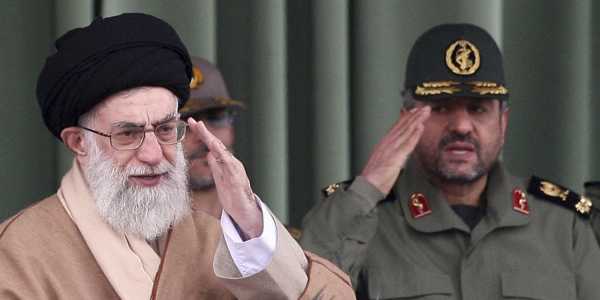
Hardliners in Khamenei’s circle could well scuttle a deal that Zarif’s negotiating team might consider acceptable. Five years ago, lest it be forgotten, Khamenei killed an accord that his negotiators had reached in Vienna. The reason is crystal clear. The Iranians deeply distrust the United States, which has repeatedly intervened in Iran’s internal affairs since the end of World War II.
In the United States, President Barack Obama — who seeks an accommodation with Iran — may encounter resistance from Congress, which is highly suspicious of the Iranian Islamic regime.
Zarif and Rouhani present themselves as moderates and reformers who can do business with the West. The hardline faction in Tehran, headed by Khamenei, is a different story. It’s addicted to anti-American rhetoric and leaves a menacing impression on U.S. public opinion.
Iran’s harsh position on Israel is one reason why Iran’s motives are so sharply questioned in Washington. Several weeks ago, Khamenei called yet again for Israel’s destruction, while a general in the Iranian Revolutionary Guards disclosed that Iran has supplied Hezbollah with long-range missiles that can strike Israel’s nuclear facility in Dimona.
Iran’s visceral hostility to Israel and its support of groups like Hezbollah may prove to be a stumbling block on the road to a nuclear agreement. American lawmakers may well decide that Iran is inflexible and intransigent and that a nuclear agreement with Iran is simply unattainable and not worth the cost.
This piece appeared in the Times of Israel.
